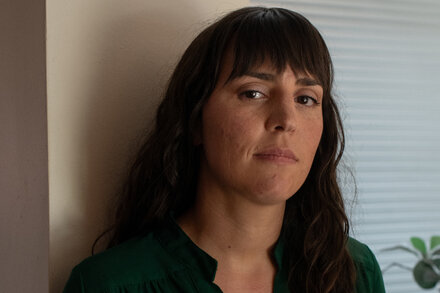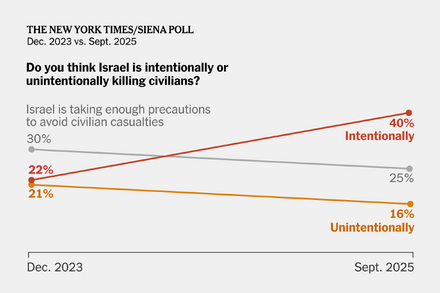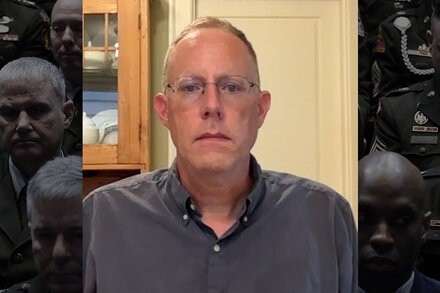
A Colorado-based therapist has become the focal point of a significant legal battle, challenging the state’s ban on conversion therapy for minors, with the case now poised for potential review by the U.S. Supreme Court. The lawsuit, which underscores the ongoing tension between LGBTQ+ protections and First Amendment claims, seeks to overturn a state law that prohibits licensed professionals from engaging in practices aimed at changing a person’s sexual orientation or gender identity.
The Plaintiff Therapist and Their Stance
While the therapist’s identity has been closely guarded in some legal proceedings, their legal challenge centers on the assertion that Colorado’s conversion therapy ban infringes upon their constitutional rights, specifically freedom of speech and the free exercise of religion. The therapist, reportedly a practitioner who integrates faith-based approaches into their counseling, contends that the state law restricts their ability to provide counseling services in accordance with their professional and religious convictions.
The core of their argument posits that discussions with clients, even those pertaining to sexual orientation or gender identity, constitute protected speech under the First Amendment. Furthermore, they argue that the law impedes their religious freedom by preventing them from offering therapy consistent with their spiritual beliefs regarding human sexuality and identity.
“This lawsuit is about ensuring that licensed professionals can offer counseling consistent with their deeply held beliefs and professional judgment, and that individuals have the right to seek such guidance,” stated a representative for the plaintiff in a past filing. “The state’s overreach curtails essential freedoms of speech and religion for both therapist and client.”
Colorado’s Conversion Therapy Ban
Colorado’s law, enacted to protect LGBTQ+ minors from practices widely considered harmful and ineffective by major medical and psychological organizations, prohibits licensed mental health care providers from engaging in “conversion therapy” with clients under 18 years of age. The law defines conversion therapy as any practice or treatment that seeks to change an individual’s sexual orientation or gender identity, including efforts to change behaviors or expressions or to eliminate or reduce sexual or romantic attractions or feelings toward individuals of the same gender.
Proponents of such bans, including numerous professional medical and psychological associations, argue that conversion therapy lacks scientific validity, causes significant psychological harm, and perpetuates discrimination against LGBTQ+ individuals. They highlight that being LGBTQ+ is not a mental illness and therefore does not require “treatment.”
Legal Battle and Supreme Court Implications
The therapist’s lawsuit has navigated through various levels of the judicial system, with lower courts generally upholding the constitutionality of Colorado’s ban. However, the consistent appeals and the specific First Amendment arguments raised by the therapist have positioned the case for potential review by the nation’s highest court. A Supreme Court decision to hear the case would elevate the national debate over conversion therapy bans and their intersection with religious freedom and free speech claims, potentially setting a precedent for similar laws across the United States.
Source: Read the original article here.





